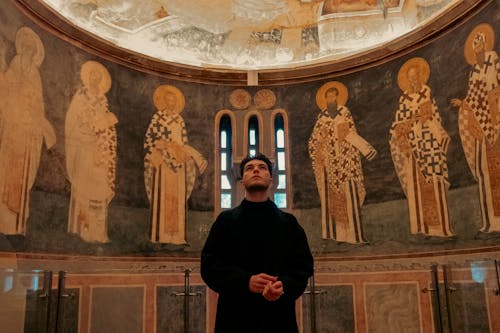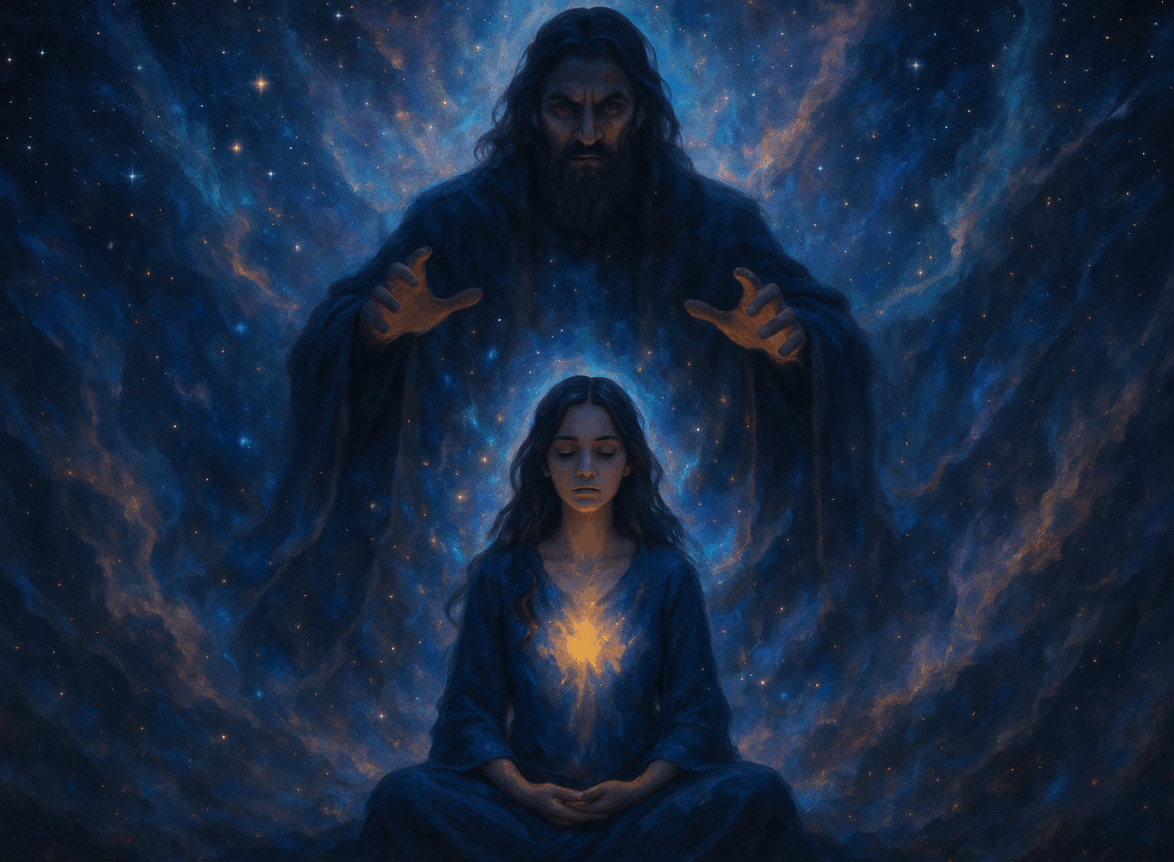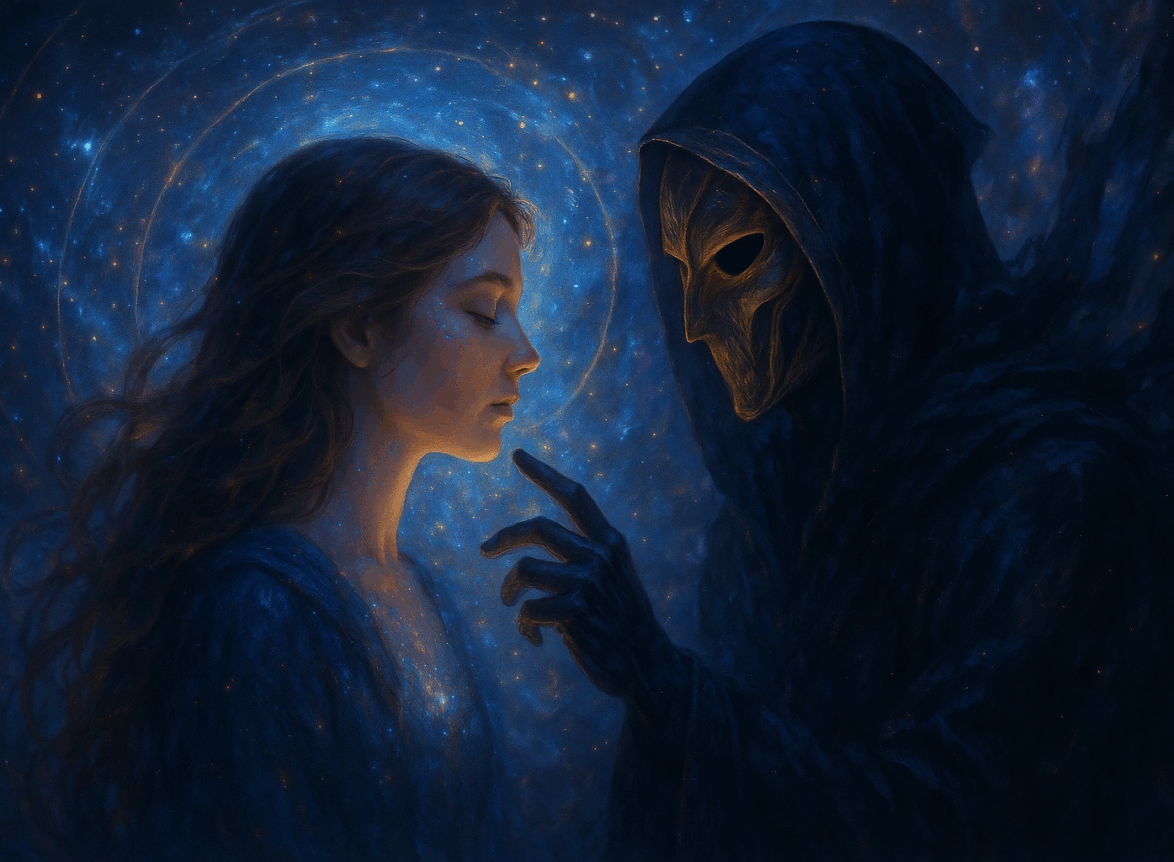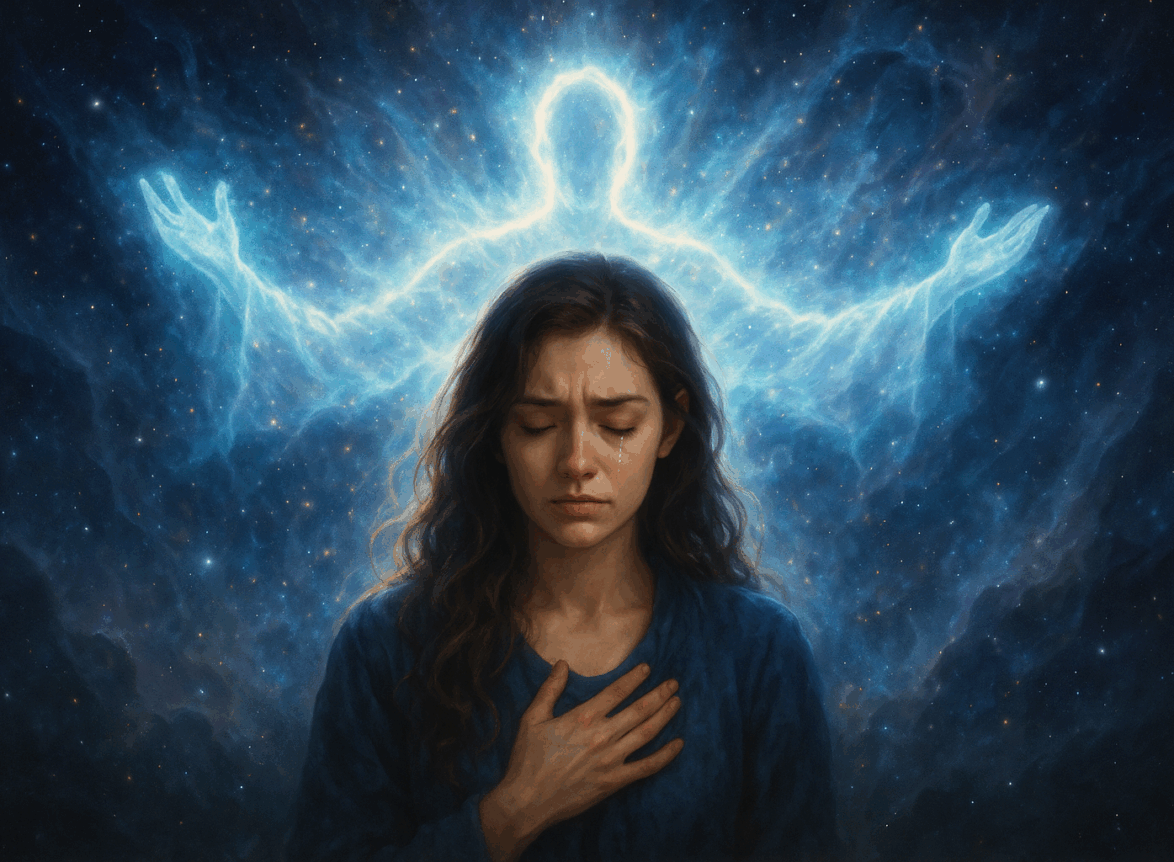The Rastafari religion is more than a faith—it is a way of life, a cultural movement, and a profound spiritual journey that has inspired millions across the globe. Rooted in African liberation, biblical prophecy, and deep reverence for the divine, Rastafari reflects the search for truth, justice, and unity. Though often misunderstood, this unique religion carries a powerful message of peace, spiritual connection, and resistance against oppression.
In this article, we will explore the origins, beliefs, practices, and cultural impact of the Rastafari religion, highlighting its profound significance in today’s world.
Origins of the Rastafari Religion
The Rastafari religion began in the early 1930s in Jamaica, emerging as a response to centuries of oppression, colonialism, and the transatlantic slave trade. The faith took root among descendants of African slaves who sought spiritual freedom, cultural identity, and liberation.
The movement was inspired by the teachings of Marcus Garvey, a Jamaican activist and Pan-Africanist. Garvey preached African unity and self-empowerment, famously prophesying, “Look to Africa, where a black king shall be crowned, for the day of deliverance is near.” This prophecy gained significance when Haile Selassie I was crowned Emperor of Ethiopia in 1930. Rastafarians viewed Haile Selassie, originally born as Ras Tafari Makonnen, as the fulfillment of Garvey’s prophecy—a divine figure, the returned Messiah, and the earthly representation of God, known as Jah.
Ethiopia became the spiritual homeland of Rastafari followers, symbolizing freedom, unity, and African pride. The Rastafari religion became a beacon of hope for marginalized people, encouraging them to reject colonial ideologies and embrace their heritage.
Core Beliefs of the Rastafari Religion
The Rastafari religion is grounded in spiritual beliefs that blend biblical teachings, African traditions, and the reverence of Haile Selassie as a divine figure. Here are the core tenets that define this spiritual path:
- Haile Selassie as the Living God: Rastafarians believe that Haile Selassie I is the incarnation of Jah (God) and the Messiah foretold in the Bible. They honor him as the King of Kings, Lord of Lords, and the Conquering Lion of Judah.
- Jah and the Bible: The Bible is central to the Rastafari faith, particularly the Old Testament. Followers interpret it as a sacred text that speaks directly to their struggles, offering divine guidance and prophecy.
- Zion and Babylon: In the Rastafari religion, Zion represents the Promised Land—Ethiopia—a place of spiritual freedom, peace, and unity. Babylon, on the other hand, symbolizes Western oppression, materialism, and corruption. Rastafarians aim to liberate themselves from Babylon and return to their spiritual home.
- Oneness with Nature: Rastafarians embrace natural living, believing that humans are interconnected with the earth. They follow a natural diet called Ital, avoiding processed foods, chemicals, and meat to maintain purity and harmony with nature.
- Rejection of Materialism: The Rastafari religion rejects the materialism and exploitation of modern society. Followers value simplicity, spirituality, and communal living over wealth and possessions.
- Unity and Peace: The faith promotes love, unity, and peace among all people, reflecting its message of respect for humanity and spiritual liberation.
Rastafari Practices and Lifestyle
The Rastafari religion is not institutionalized like other major religions; it is a deeply personal and spiritual movement that emphasizes individual connection with Jah. However, certain practices and traditions are central to the Rastafari lifestyle:
1. Dreadlocks
Dreadlocks are one of the most recognizable symbols of the Rastafari religion. This hairstyle, inspired by the Nazarite vow in the Bible, reflects the spiritual connection to Jah, natural living, and the rejection of Babylonian ideals. Dreadlocks also symbolize the Lion of Judah, representing strength, pride, and spirituality.
2. Ital Diet
The Ital diet is a natural and plant-based way of eating that Rastafarians follow to maintain physical and spiritual purity. Followers avoid processed foods, meat, and artificial additives, focusing instead on fruits, vegetables, grains, and herbs. The Ital diet aligns with the Rastafari belief in living in harmony with nature.
3. Ganja (Cannabis) as a Sacrament
Ganja, or cannabis, holds spiritual significance in the Rastafari religion. It is used as a sacrament during meditation and reasoning sessions, helping followers connect with Jah and achieve higher consciousness. Rastafarians believe that ganja promotes wisdom, reflection, and inner peace, as referenced in biblical passages.
4. Reasoning Sessions
Reasoning sessions are gatherings where Rastafarians discuss spiritual teachings, life experiences, and matters of faith. These gatherings are often accompanied by the use of ganja, chanting, and prayer. Reasoning fosters community, unity, and a shared understanding of Rastafari principles.
5. Music and Chanting
Music plays a vital role in the Rastafari religion, particularly through reggae music, which conveys messages of unity, justice, and liberation. Reggae artists like Bob Marley brought global attention to the Rastafari faith, spreading its spiritual and political messages through powerful lyrics and rhythms.
Chanting, or Nyabinghi, is another important practice that involves drumming, singing, and prayers. It serves as a spiritual expression of devotion to Jah and a call for unity and peace.
Read More: How to Become a High Vibe Person: Simple Steps to Elevate Your Energy and Transform Your Life
Cultural Impact of the Rastafari Religion
The Rastafari religion has had a profound influence on global culture, particularly through music, art, and activism. Rastafari teachings have inspired movements for social justice, cultural pride, and spiritual awareness worldwide.
1. Reggae Music
Reggae music is inseparable from the Rastafari religion. Artists like Bob Marley, Peter Tosh, and Burning Spear used reggae as a platform to share the faith’s teachings, addressing issues such as inequality, poverty, and spiritual freedom. Bob Marley’s songs, such as One Love and Redemption Song, continue to spread the Rastafari message of peace, unity, and liberation.
2. African Liberation and Identity
The Rastafari religion promotes African pride, encouraging followers to embrace their roots, culture, and history. The movement has strengthened the Pan-African identity and inspired African descendants to seek cultural and spiritual reconnection.
3. Spiritual Awareness
Rastafari has contributed to a global awakening of spiritual consciousness. Its emphasis on natural living, unity, and resistance against materialism resonates with people seeking deeper meaning and purpose in life.
Misconceptions About the Rastafari Religion
Despite its profound teachings, the Rastafari religion is often misunderstood. Some common misconceptions include:
- Rastafari Is Not a Cult: Rastafari is a spiritual movement rooted in love, peace, and unity. It is not a cult but a deeply personal faith that promotes spiritual liberation.
- Ganja Is Not About Recreation: While ganja is significant in Rastafari practice, it is used as a sacred sacrament to deepen spiritual awareness and connect with Jah.
- Dreadlocks Are Not Just a Fashion Statement: Dreadlocks are a spiritual symbol that reflects the Rastafari commitment to natural living and spiritual devotion.
By understanding the true essence of the Rastafari religion, we can appreciate its powerful message of love, liberation, and unity.
Conclusion: The Timeless Message of the Rastafari Religion
The Rastafari religion is more than a faith—it is a profound spiritual movement that speaks to the soul of humanity. Rooted in African pride, biblical teachings, and the reverence of Haile Selassie as the divine Jah, Rastafari inspires a life of unity, peace, and natural living.
Through its teachings, practices, and cultural impact, the Rastafari religion continues to offer a path of spiritual freedom and collective awakening. Whether through reggae music, dreadlocks, or the Ital lifestyle, Rastafari invites us to reject materialism, embrace love, and reconnect with the divine.
In a world plagued by division and unrest, the timeless message of the Rastafari religion—to live in harmony, respect the earth, and honor our shared humanity—remains as relevant as ever. Jah Rastafari!






Leave a comment
Your email address will not be published. Required fields are marked *